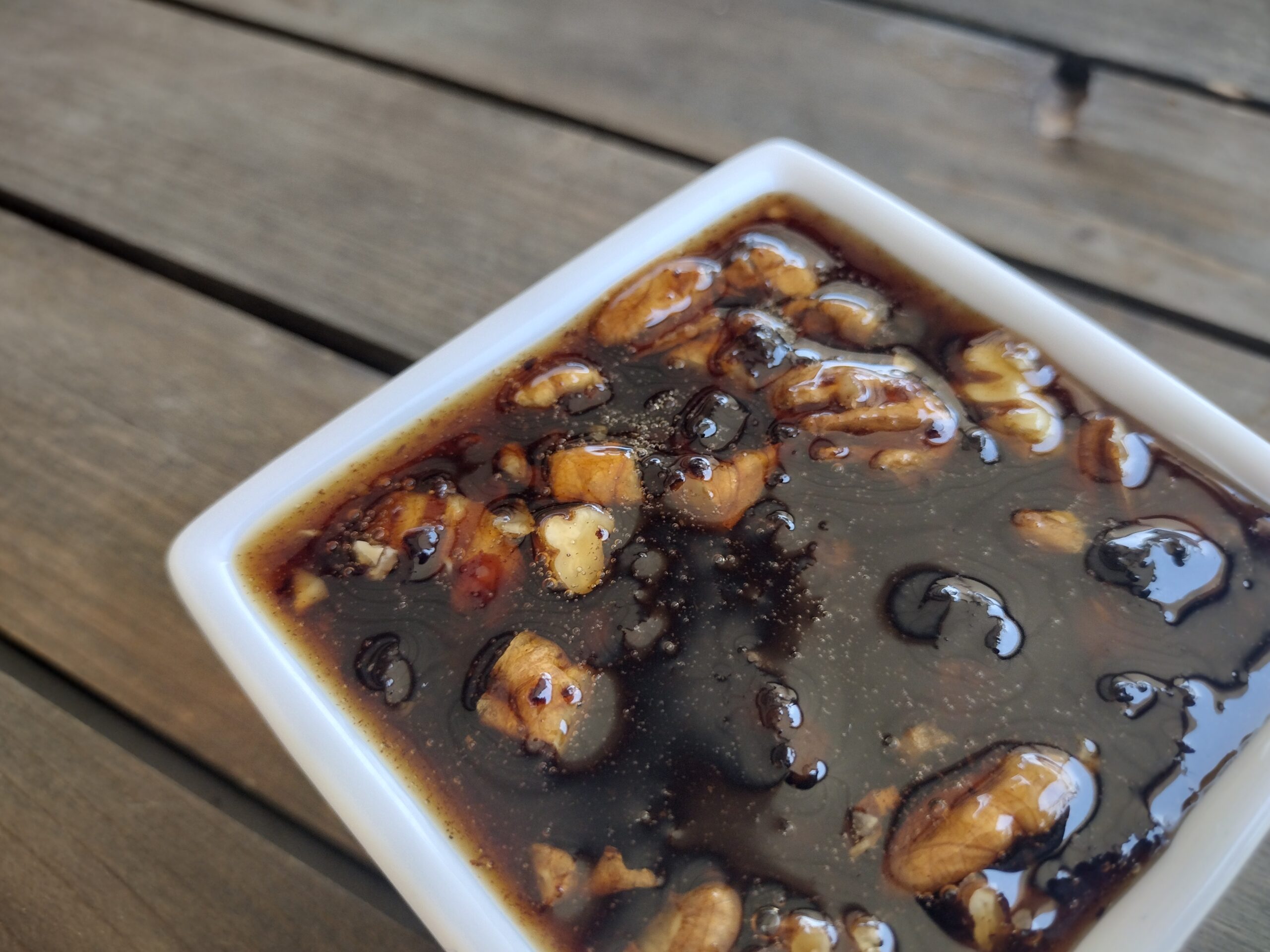Last week I wrote a blog about some of the core ways a parent raises their children to be psychologically healthy and have a good relationship with God. These included unconditional love, discipline, and the belief that God has a destiny for your life. When my dad read the blog, he pointed something out to me that really made me think. He said, “When it comes to discipline, we don’t punish our children for mistakes. We punish them for disobedience or for being defiant.” The example he gave was this. When one of my kids accidentally spills a drink, I don’t punish him for spilling it if it was truly an accident. However, if I tell him to move his drink, and he doesn’t . . . and his drink spills, then I punish him for the disobedience of not moving the drink.
I completely agree with this point, and it got me to thinking about how difficult punishment can be to figure out. What I would like to do in this blog is talk more in depth about what discipline is and how parents can implement it. So to start with, what is meant by the word discipline? One dictionary definition describes discipline as, “The practice of training people to obey rules or a code of behavior. Using punishment to correct disobedience.” The Bible says in Proverbs 22:6, “Train up a child in the way he should go, and when he is old, he will not depart from it.”
So when we look at the biblical definition as well as a worldly definition discipline is primarily about training a child to a set of rules or a code. For Christians, it is about training them to live by the way of Christianity. For many of us, this will be a new way of looking at discipline. It isn’t just about getting compliance from your children. It isn’t about preventing them from making you angry or annoying you. It isn’t about keeping them from embarrassing you. The primary function of discipline is to teach your children about acceptable behavior in the kingdom of God. When we look at discipline from this perspective, we can see that the punishment aspect is the last act of discipline. The first act of discipline is teaching.
So how do we go about disciplining our children? First, we start with instruction of the basic principles of Christianity: don’t lie, don’t cheat, don’t steal, do to others what you would want done to you, take care of your family, take care of others, etc. Second, explain to your children why these principles and commandments are important. For example, if we lie, no one will trust us. If no one trusts us, how will they see God in our life? Third, when your children depart from this instruction, you provide correction. We provide correction by explaining why the behavior is not in line with the principles we live by and allow the consequence of the behavior to happen. We can also provide our own consequences up to and including spanking.
In my opinion, the majority of the work of discipline occurs in the first two steps. If we do not give our kids a code to live by, teach them why it is important, and then live that code ourselves but we attempt to punish them into compliance, then we are just being lazy parents. It is very easy to slip into the trap of yelling at our kids or punishing them without spending the time to show them how to live a good and meaningful life in the kingdom.
In Ephesians 6:4 the Bible says, “And, ye fathers, provoke not your children to wrath: but bring them up in the nurture and admonition of the Lord.” If we punish our children without teaching them how to live a righteous life, we provoke our children to wrath and rebellion. At Sanctuary Family Farms, we will continue praying that God gives all of us the wisdom to continue raising our children to have purpose in His kingdom.
— Written by Jeremiah, a PhD psychologist







